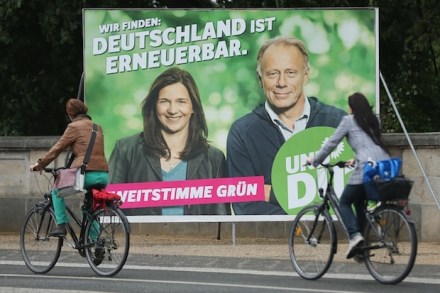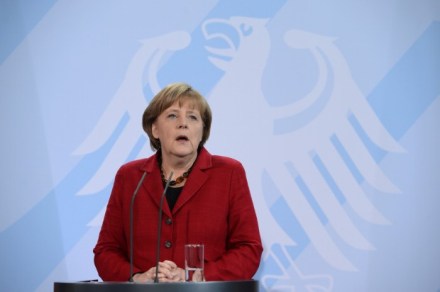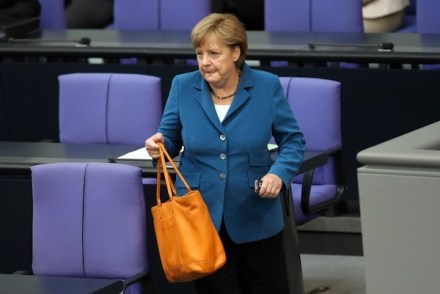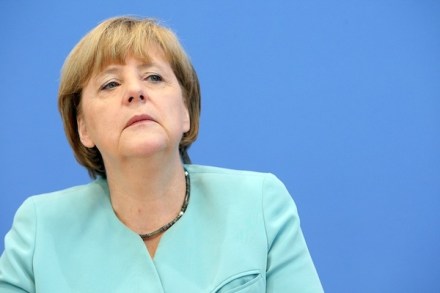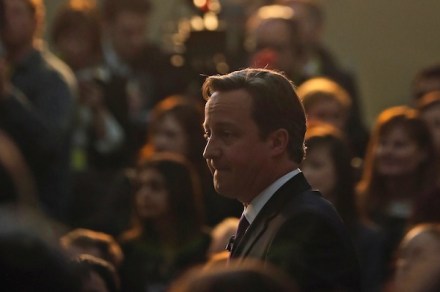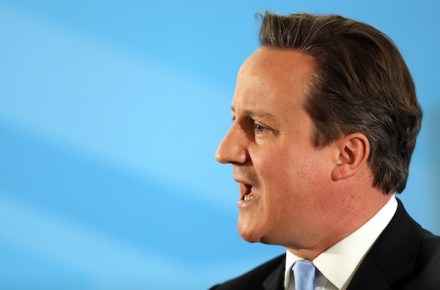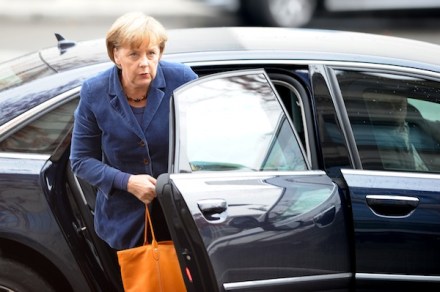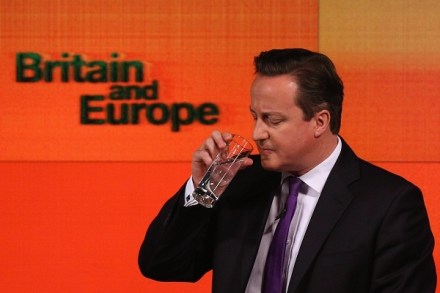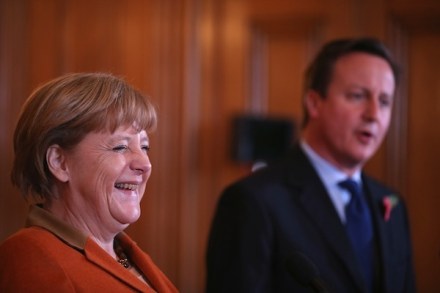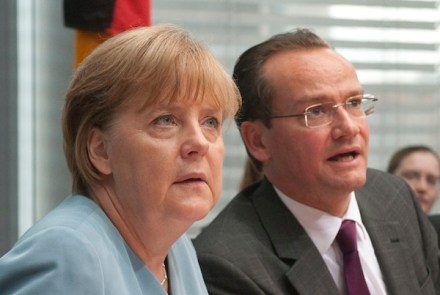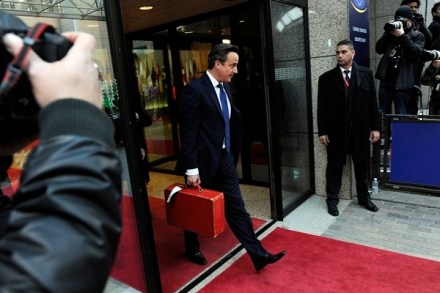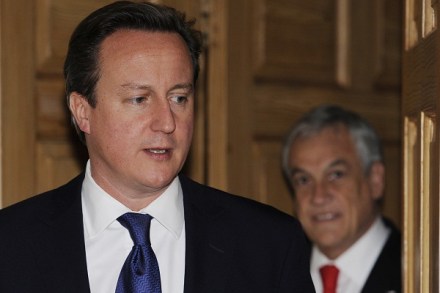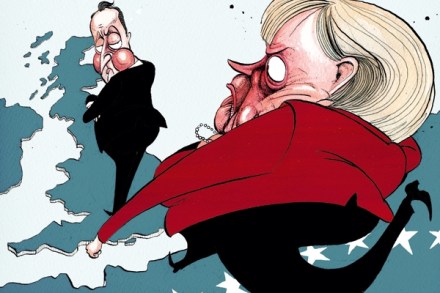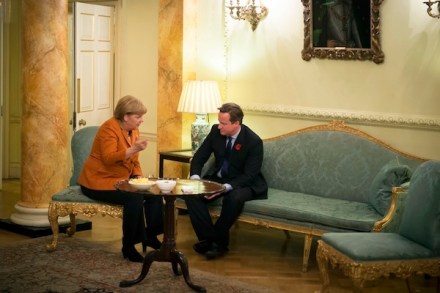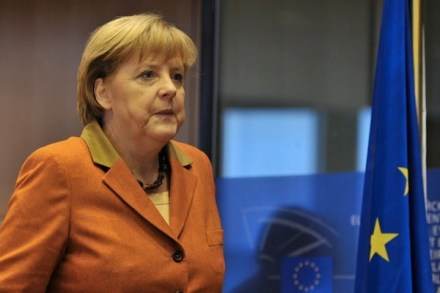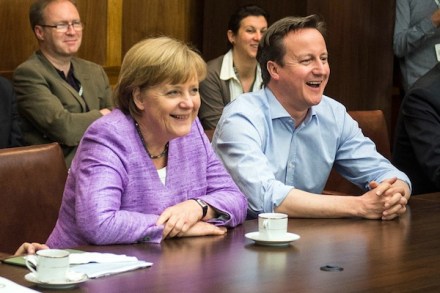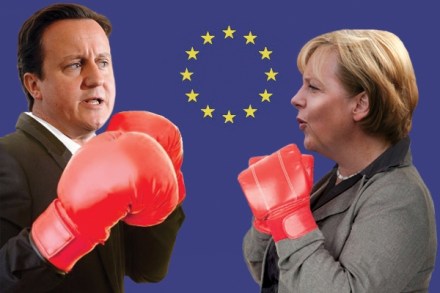Women think that David Cameron is out of touch for good reason
Well, the great breadmaking debate hots up. David Cameron neatly sidestepped the heffalump trap that Nick Ferrari put in his path in an interview on LBC when he asked him the price of a Value Loaf in Tesco or Sainsbury. As you and I know, dear reader, Mr Cameron would no more eat that stuff than his own fingernails, and I for one applaud his good sense. If you can afford not to, don’t. But his elegant solution to the problem of not knowing that loaf-shaped carbohydrate costs 47p (he thought bread costs ‘north of a pound’, which is true of the kind he eats, only double that) was to



